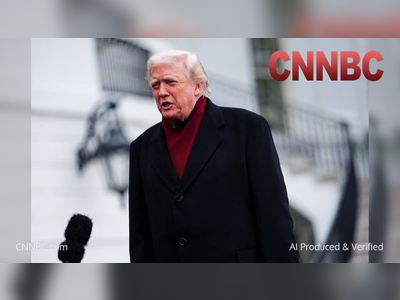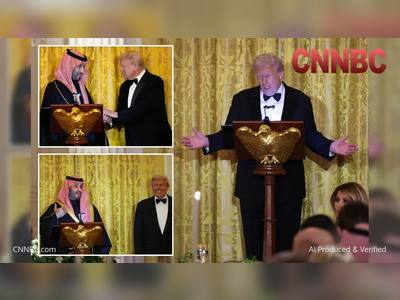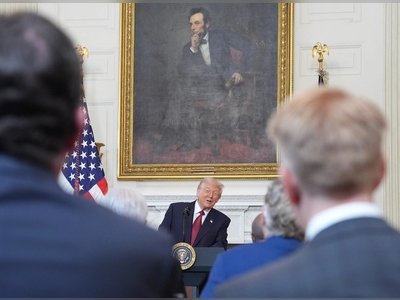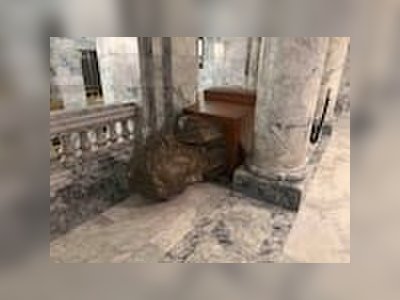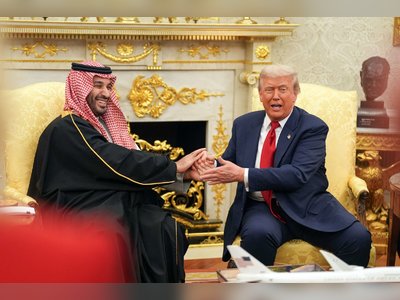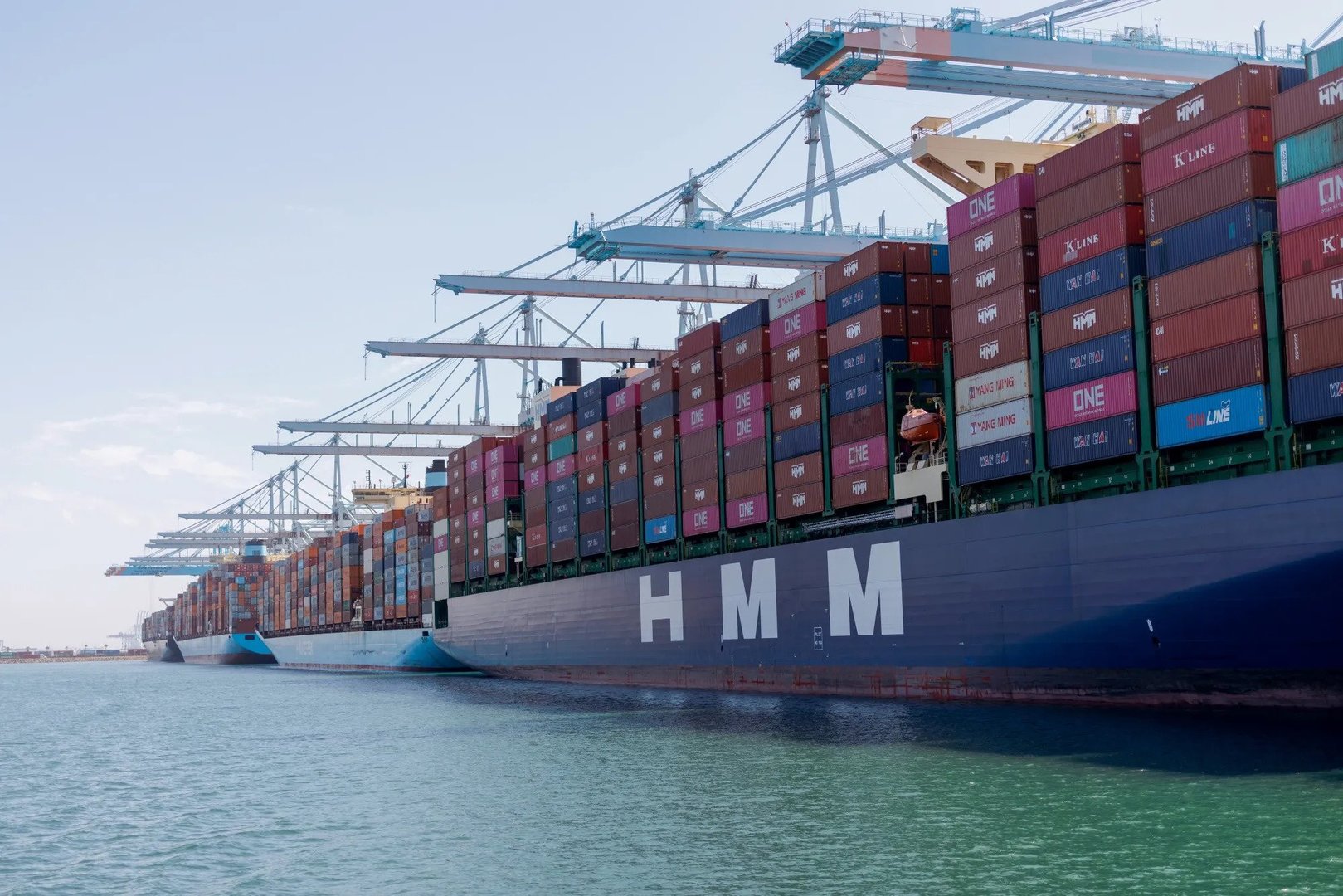
Trump White House Prepares Tariff Fallback Ahead of Supreme Court Ruling
Administration maps out alternative legal pathways should key emergency-tariff power be struck down
The White House is actively developing contingency plans in anticipation of a possible Supreme Court ruling that could invalidate a major tariff authority used by President Donald Trump’s administration.
Officials familiar with internal planning say the administration is studying fallback options that would allow the maintenance or re-introduction of tariffs without reliance on the emergency statute in question.
At the core of the legal challenge is the president’s use of the International Emergency Economic Powers Act (IEEPA) to impose broad import duties, a move now under review by the United States Supreme Court.
Lower courts have questioned the statute’s application to tariffs, and justices appeared sceptical at arguments in November 2025. Observers view a ruling against the administration as likely but point out that it would not end the Trump trade agenda.
In response, the administration is examining the deployment of alternative statutory authorities including Trade Act of 1974 Section 301 (unfair trade practices) and Section 122 (balance of payments emergencies).
Experts note that Section 122 allows up to 15 per cent duties for a limited period, and Section 301 investigations can underpin targeted tariffs.
Officials say these fallback avenues are ready should the IEEPA route be struck down.
A senior White House trade aide said that the shift would present “implementation complexity,” but stressed that the broader trade strategy remains intact.
The preparation reflects what analysts describe as the administration’s dual-track approach: pressing ahead now while guarding for legal setbacks.
If the Supreme Court were to rule against the IEEPA-based tariffs, importers could seek refunds for duties paid and the government may face large administrative burdens.
However, officials emphasise that the president retains significant tariff authority under statutes with clearer legislative footing.
The administration’s readiness underscores its determination to sustain its trade posture regardless of judicial outcome.
Officials familiar with internal planning say the administration is studying fallback options that would allow the maintenance or re-introduction of tariffs without reliance on the emergency statute in question.
At the core of the legal challenge is the president’s use of the International Emergency Economic Powers Act (IEEPA) to impose broad import duties, a move now under review by the United States Supreme Court.
Lower courts have questioned the statute’s application to tariffs, and justices appeared sceptical at arguments in November 2025. Observers view a ruling against the administration as likely but point out that it would not end the Trump trade agenda.
In response, the administration is examining the deployment of alternative statutory authorities including Trade Act of 1974 Section 301 (unfair trade practices) and Section 122 (balance of payments emergencies).
Experts note that Section 122 allows up to 15 per cent duties for a limited period, and Section 301 investigations can underpin targeted tariffs.
Officials say these fallback avenues are ready should the IEEPA route be struck down.
A senior White House trade aide said that the shift would present “implementation complexity,” but stressed that the broader trade strategy remains intact.
The preparation reflects what analysts describe as the administration’s dual-track approach: pressing ahead now while guarding for legal setbacks.
If the Supreme Court were to rule against the IEEPA-based tariffs, importers could seek refunds for duties paid and the government may face large administrative burdens.
However, officials emphasise that the president retains significant tariff authority under statutes with clearer legislative footing.
The administration’s readiness underscores its determination to sustain its trade posture regardless of judicial outcome.

